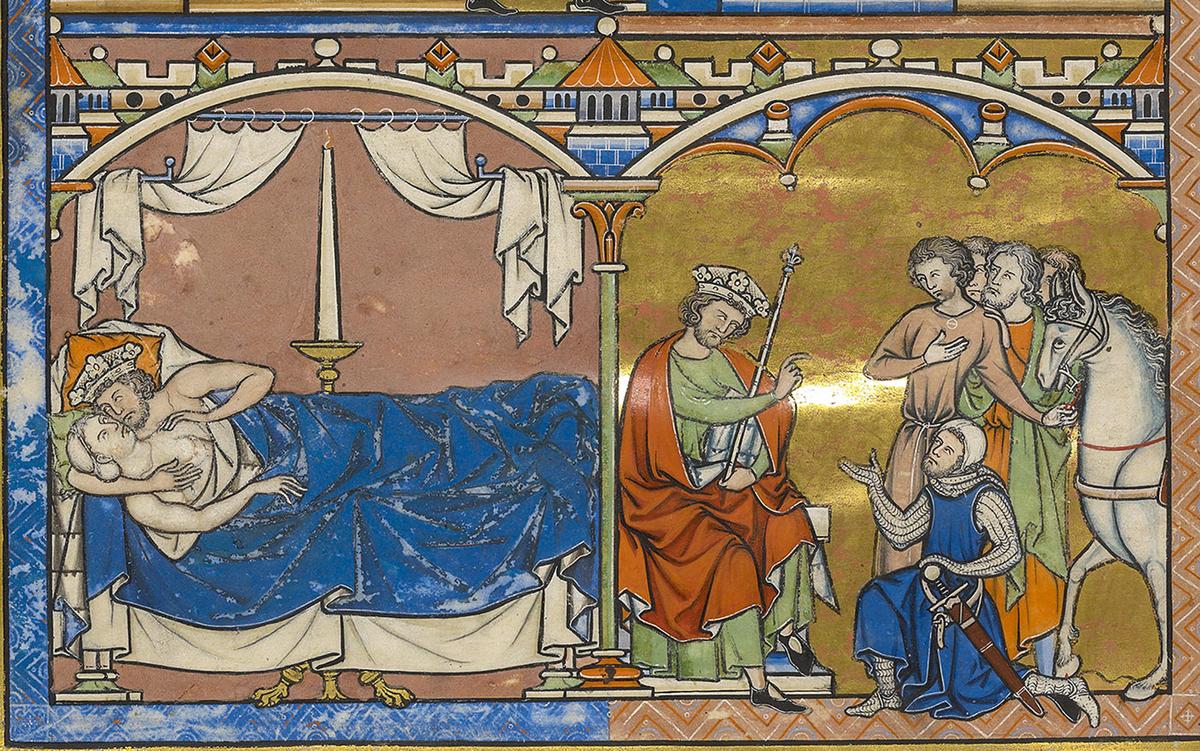
Who are the leaders in our heads – and how did they get there? | Aeon Essays

The reason is this: leaders are people able to mobilise others to act in certain ways. If they achieve this only because they hold power over them, this means treating people as means, not ends – as things, not persons. Not accidentally, the single greatest writer on leadership as power was Machiavelli.
Jonathan Sacks • Lessons in Leadership: A Weekly Reading of the Jewish Bible (Covenant & Conversation Book 8)
It comes down to both an individual and collective sense of where and how people choose to be led. In a very real sense, followers lead by choosing where to be led.
Dee Hock • One from Many: VISA and the Rise of Chaordic Organizati…
Alex added
JamesClear.com • "Solitude and Leadership"
Prashanth Narayan and added
On the golf course the other day, he said, a friend had floated a theory that leaders, in business or anything else, are driven by demons. The best guys have them—implacable, subterranean demons that are the source of greatness.
Randall E. Stross • eBoys: The First Inside Account of Venture Capitalists at Work
So what makes people want to follow a leader? We look for three key traits: The ability to articulate the vision The right kind of ambition The ability to…
Some highlights have been hidden or truncated due to export limits.
Ben Horowitz • The Hard Thing About Hard Things: Building a Business When There Are No Easy Answers
There are figures who hold positions of authority – prime ministers, presidents, CEOs – who may not be leaders at all. They may have the power to force people to do what they say, but they have no followers. They excite no admiration. They inspire no emulation. And there may be leaders who hold no official position at all but who are consulted for
... See moreJonathan Sacks • Lessons in Leadership: A Weekly Reading of the Jewish Bible (Covenant & Conversation Book 8)
JamesClear.com • "Solitude and Leadership"
Prashanth Narayan and added
Every Great Group has a strong leader.